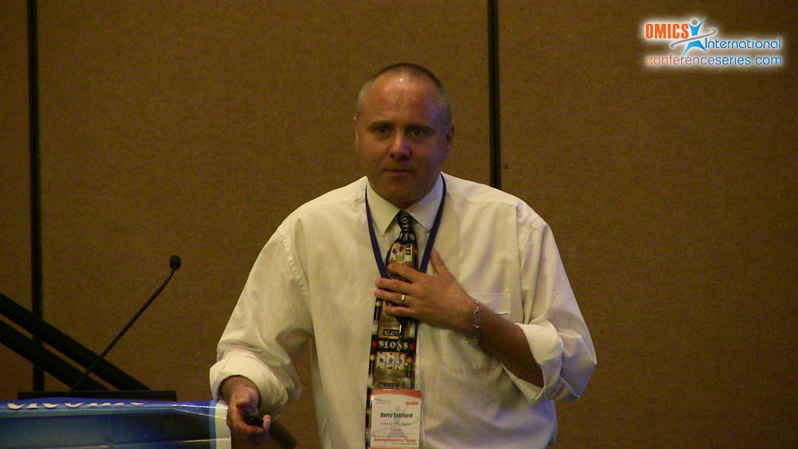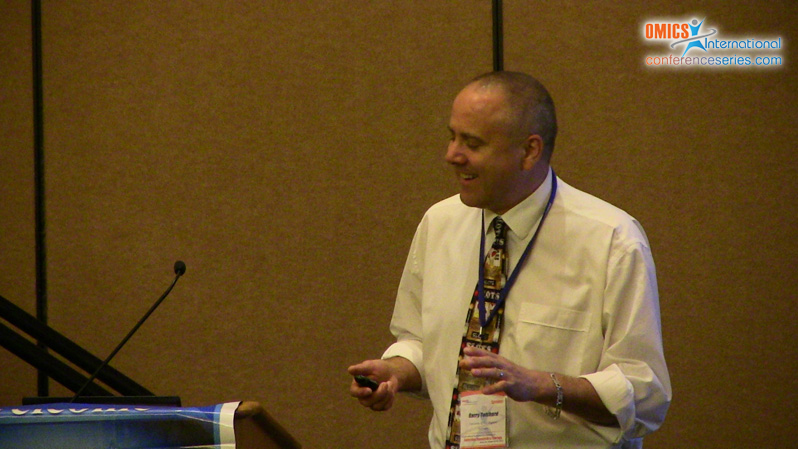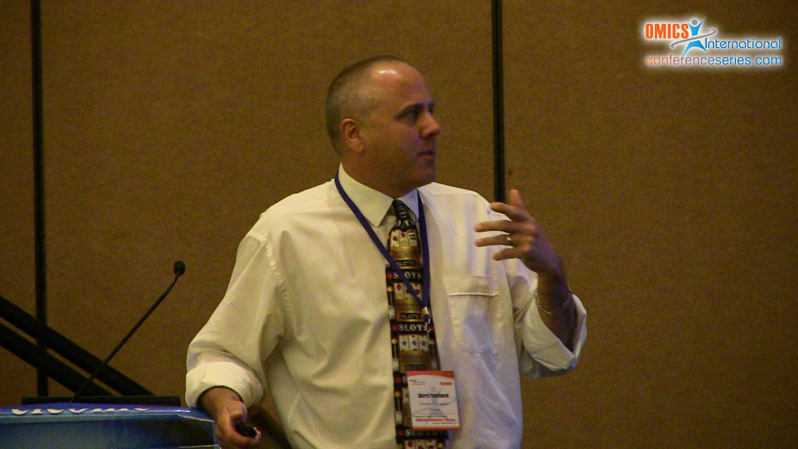
Barry Tolchard
University of New England, Australia
Title: Outcome of treatment seeking rural gamblers attending a state-wide cognitive-behaviour therapy service
Biography
Biography: Barry Tolchard
Abstract
Background: Problem gambling affects many people in Australia and especially rural areas. However, little is reported regarding the differences between the experiences of urban and rural gamblers especially with treatment outcome. The prevalence of problem gambling while stable remains an ongoing issue. There are health and social disparities reported in rural communities related to accessibility, availability, and acceptability of treatments including for problem gamblers. The relationship with problem gambling and co-morbid presentations, in particular anxiety and depression, is well known, 22 although there is little has been reported differentiating between rural and urban gamblers. There is growing evidence to support cognitive-behaviour therapy as the main evidence based treatment for problem gamblers, but until now little research has identified differences between the outcomes of rural verses urban gamblers. Method: A naturalistic examination of the differences between rural and urban gamblers will be presented. All participants were treated in a state-wide Cognitive-Behavioral Therapy (CBT) gambling treatment service in South Australia. A standardised clinical assessment and treatment was provided to all participants. As part of routine clinical outcome measurement a series of validated questionnaires were given to all participants at assessment, discharge and 1-, 3-month follow-up. This is a provisional analysis and as such the number of rural participants was low, therefore a series of descriptive and non-parametric analyses were performed to identify similarities and differences in presentation and outcome of rural gamblers. Results: This study is one of the first investigations to tease out similarities and differences between rural and urban problem gamblers and provides useful guidance on alternative ways of offering treatment. Differences emerged between urban and rural gamblers. While overall treatment outcomes were much the same at three months post-treatment, rural gamblers appear to respond more rapidly and have sustained improvement over time. Female rural gamblers show higher levels of co-morbid anxiety while male rural gamblers experience higher levels of depression compared to urban gamblers. Conclusion: This naturalistic study suggests rural problem gamblers experience different level of co-morbid anxiety and depression from their urban counterparts, but once in treatment appear to respond quicker. CBT is effective in treating rural gamblers and outcomes are maintained. However, ensuring better access and availability of such treatment requires attention. Alternative approaches such as tele-health, internet based therapy and guided self-help may increase the take up of treatments. While also the case with urban gamblers, therapists needs to be aware of the impact specific co-morbidity poses and modifies their interventions accordingly. Limitations: This was a non-randomized study and the number of rural gamblers was small. Therefore further research is required with a larger sample to ensure these outcomes are replicable.



